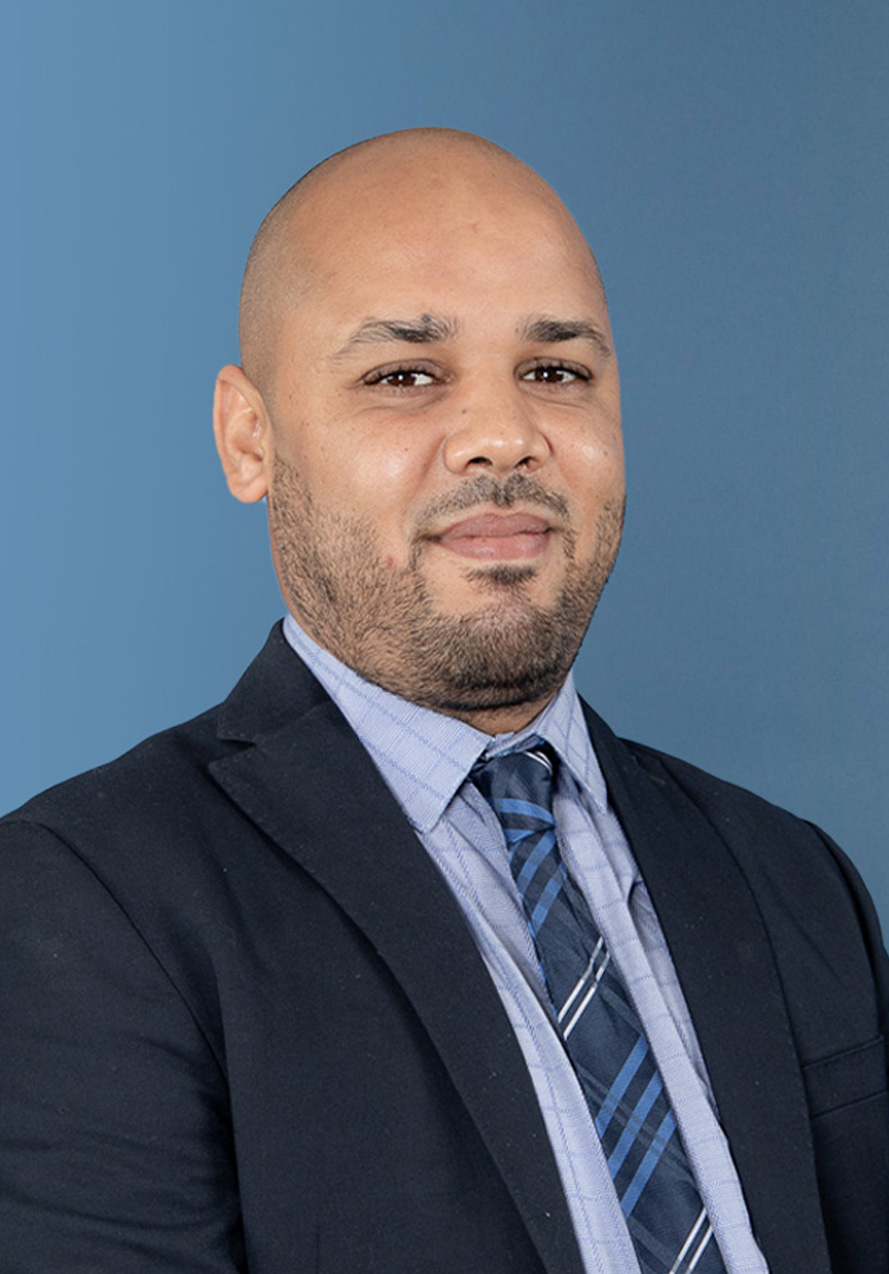يخصص مركز السياسات من أجل الجنوب الجديد حلقة برنامجه الأسبوعي "حديث الثلاثاء" لموضوع التمكين الاقتصادي للنساء مع الطيب غازي، باحث في الاقتصاد بمركز السياسات من أجل الجنوب الجديد. يعد مجال التمكين الاقتصادي للنساء من المداخل الأساسية لإرساء المساواة بين النساء والرجال، ويستمد هذا المجال أهميته من المقتضيات الدستورية التي أولت أهمية بالغة لتمكين النساء اقتصاديا واجتماعيا وسياسيا كمحدد أساسي لتدعيم دولة القانون. خلال هذه الدينامية، شهدت مشاركة المرأة في الحياة الاقتصادية تطورات مهمة في المغرب منذ نهاية القرن العشرين حيث بذلت جهود عديدة من مختلف الفاعلين السياسيين، الاقتصاديين، الاجتماعيين والمدنيين لتقوية وتعزيز قدرات النساء وتهيئة البيئة الملائمة لمكافحة التمييز ضد المرأة وتمكينها اقتصاديا كجزء لا يتجزأ من حقوق الإنسان للحد من الفوارق بين الجنسين لما لذلك من تأثير على حياة المرأة ودورها في تسريع عجلة التنمية وإقرار وتقوية المساواة بين الجنسين كما جاء به دستور المملكة والقوانين الدولية في هذا الشأن. في المقابل نلاحظ عدة مظاهر تحيل إلى صعوبة اندماج النساء داخل سوق الشغل ما يشكل تمييزا يحول دون التمتع بالحق في المساواة ويتسبب في نقص كبير يتعين تداركه، حيث أن البلدان التي نجحت، على الصعيد العالمي، في التقليص بشكل ملحوظ من التفاوتات على أساس النوع الاجتماعي تحقق مستوى أعلى من الإنجاز الاقتصادي والتنمية البشرية. 35 دقيقة: التمكين الاقتصادي للنساء تسيير: إيمان لهريش، مسؤولة عن المشاريع بمركز السياسات من أجل الجنوب الجديد المتدخل: الطيب غازي، باحث في الاقتصاد بمركز السياسات من أجل الجنوب الجديد











